They say money makes the world go round, however, what truly makes the world worth living is the creative imagination.
For the investors who know the value of this boundless force, promising not only financial prosperity but also a profound symphony of societal development and enrichment, investing in creativity is more than just good business. They know that the recognition, celebration, and investment in these creative visionaries can serve as a wellspring of inspiration, igniting a collective desire to contribute to its growth and prosperity.
Such was the essence of a captivating panel discussion, at our “Let’s Talk Money’’ panel led by our interim Chief Financial Officer (iCFO) Mehjabeen Patrick where the challenges facing the creative and cultural sector in terms of investment and financial support took centre stage, underscoring the vital importance of addressing these hurdles to foster its growth and impact.
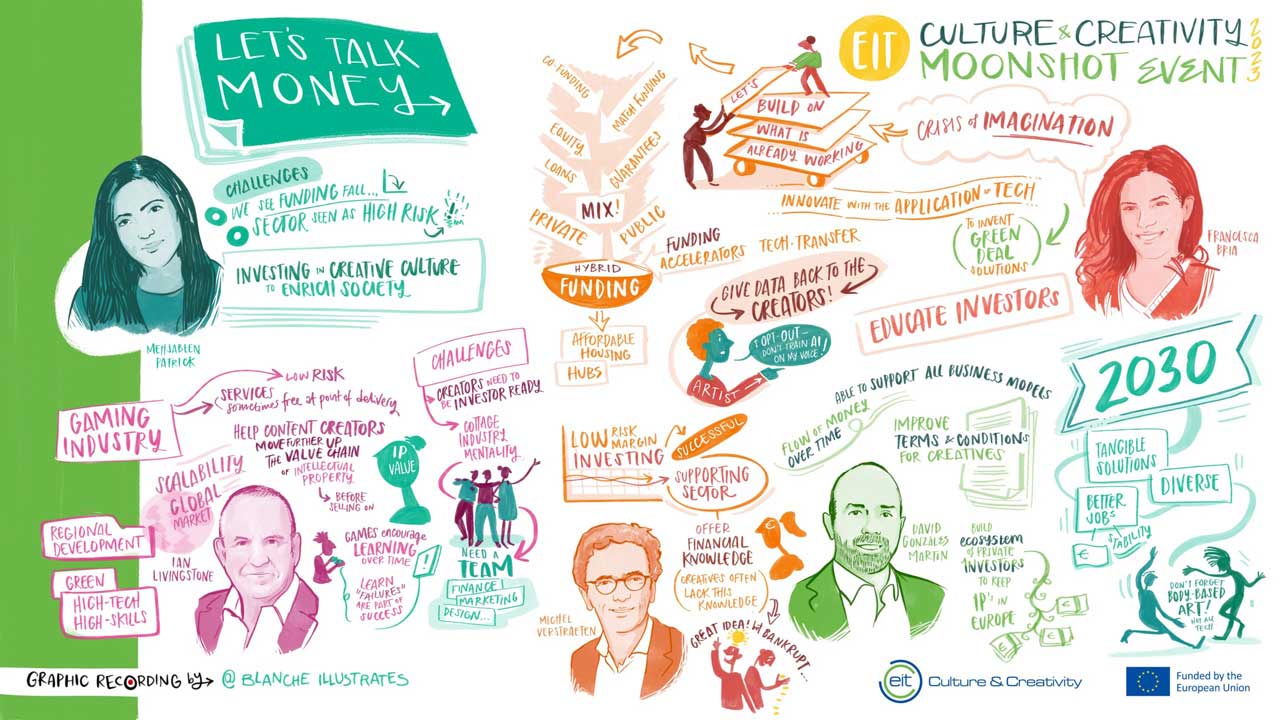
The conversation commenced with the honoured Sir Ian Livingstone, a luminary in his own right, highlighting the profound economic, social, and cultural impact of the gaming industry. He expanded upon its remarkable synthesis of artistry and scientific prowess, revealing how this amalgamation has propelled the sector to unprecedented heights. Sir Ian emphasized the industry’s transformative shift from physical distribution to digital services, an evolution that has heralded a new era of possibilities. But it was his plea to recognize the inherent value of intellectual property and to offer well deserved support to the content creators behind the IP that resonated deeply with the listeners. Advocating the invaluable contributions, the games can make in educating its users, both formally and informally, Sir Ian explained the virtues of these interactive experiences, and their power to cultivate problem-solving skills and nurture an entrepreneurial mindset. Particularly, the games industry provides a unique opportunity for learning and cognitive development, it amplifies the inherent value of games as conduits for intuitive learning and bold risk-taking, advocating the paramount importance of integrating arts education alongside science and technology.
A harmonious chorus emerged, indicating the intrinsic link between arts education and the seamless integration of creativity with technical and digital dexterity. Michel Verstraeten, representing Triodos Bank – one of the leaders in promoting social and environmental impact within banking – interwove this conversation with the bank’s investment in socially and environmentally responsible businesses, highlighting the pivotal role of culture in constructing a flourishing society. Notably, Triodos Bank offers financing and much needed support to the sector’s smaller and medium-sized projects, a testament to their dedication to this sector.
David González Martín, representing the European Investment Fund, acknowledged the momentous role that the creative sphere plays in propelling Europe’s economic growth. He reaffirmed the fund’s steadfast dedication to supporting the sector’s evolution, embodying a collective aspiration for its continued progress.
David shone a light on the resounding message that investment, recognition, and support are the lifeblood that will nourish the creative and cultural sector, enabling it to flourish and become a robust pillar of societal and economic advancement. It is important to mention that although Europe has achieved notable success in content creation, there is a significant lack of investment and understanding from investors with capital. Unfortunately, this has led to a concerning pattern where valuable intellectual property is acquired by foreign companies, resulting in a lack of benefits for the content creators and the local economy in the long term.
Francesca Bria from Italian National Innovation Fund stressed the need for a public-private and hybrid approach to funding, including blending funding, subsidies, venture capital investments, and accelerators. She also addressed the concentration of funding and the rise of monopolies in the digital and creative sectors, emphasizing the importance of supporting small initiatives and providing funding to artists, innovators, and creators. Francesca advocated the need for sustainable long-term investment in the creative and cultural industries, as well as the role of regulation in supporting and protecting the sector. Additionally, mentioning the importance of financial knowledge and expertise among creative entrepreneurs and investors and the need for training and support in accessing and utilizing funding opportunities.
The conversation, steeped in a tapestry of wisdom and aspirations, concluded with the message that there is a great need for supporting these content creators along the path to intellectual property ownership, enabling them to ascend the value chain and realise the latent potential within the gaming and creative industries. Despite the fragile nature of assets in these domains, their capacity to swiftly scale and captivate global audiences is a testament to their unparalleled dynamism.
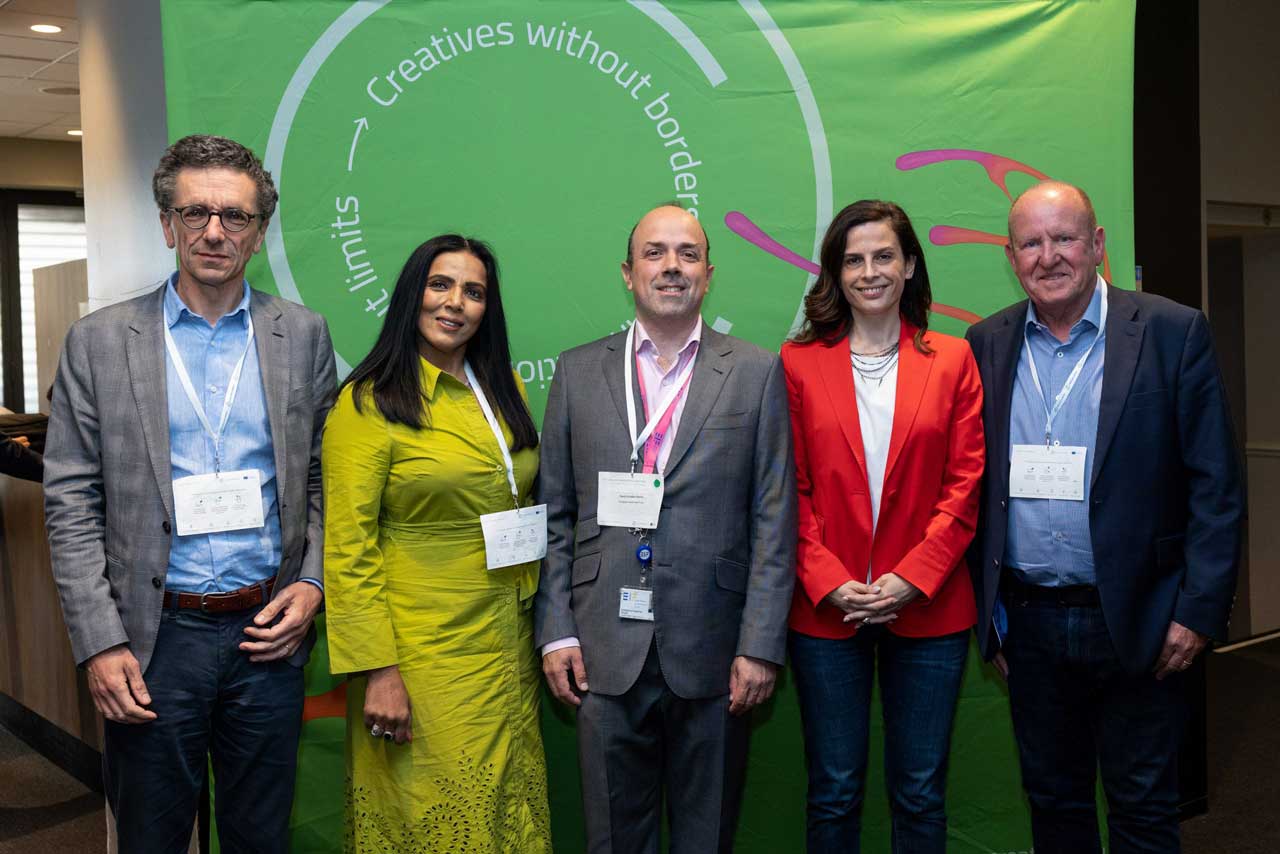
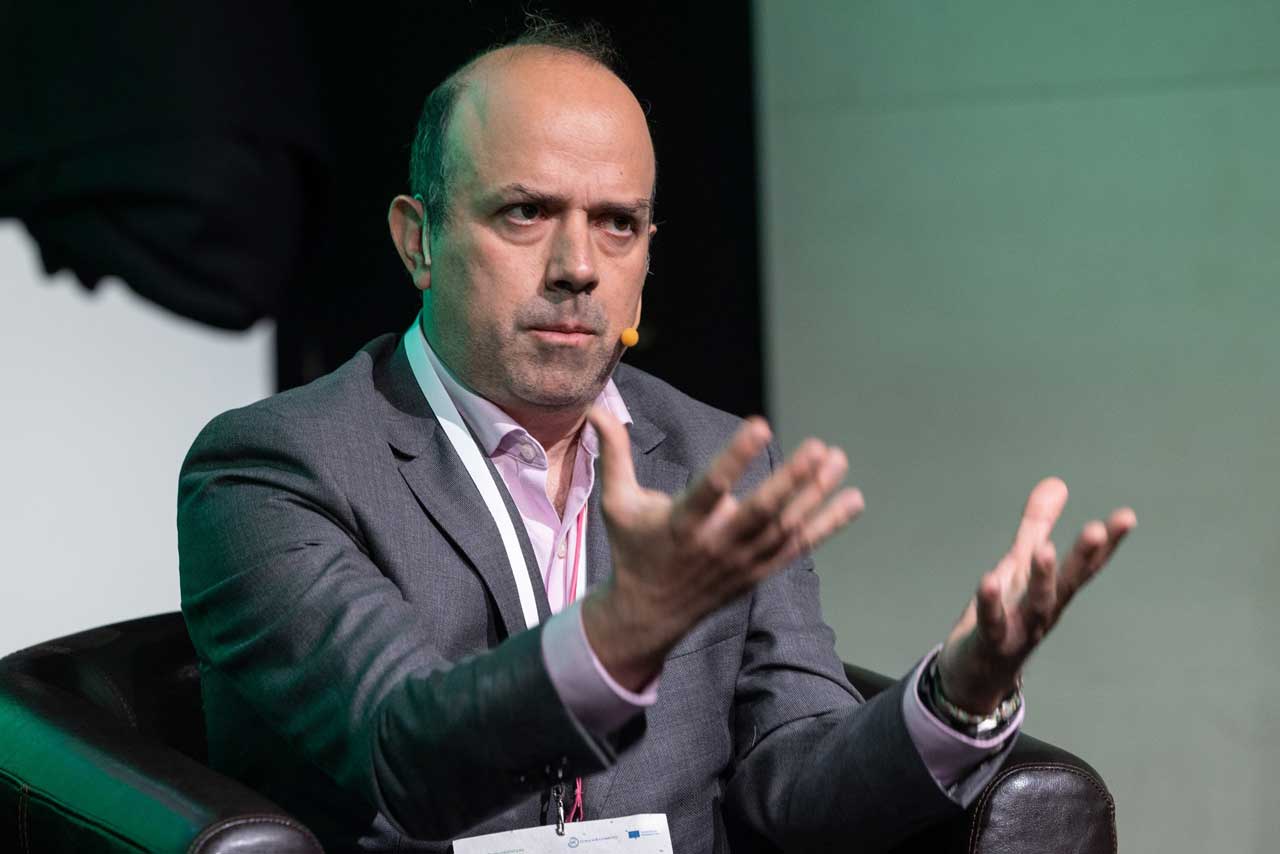
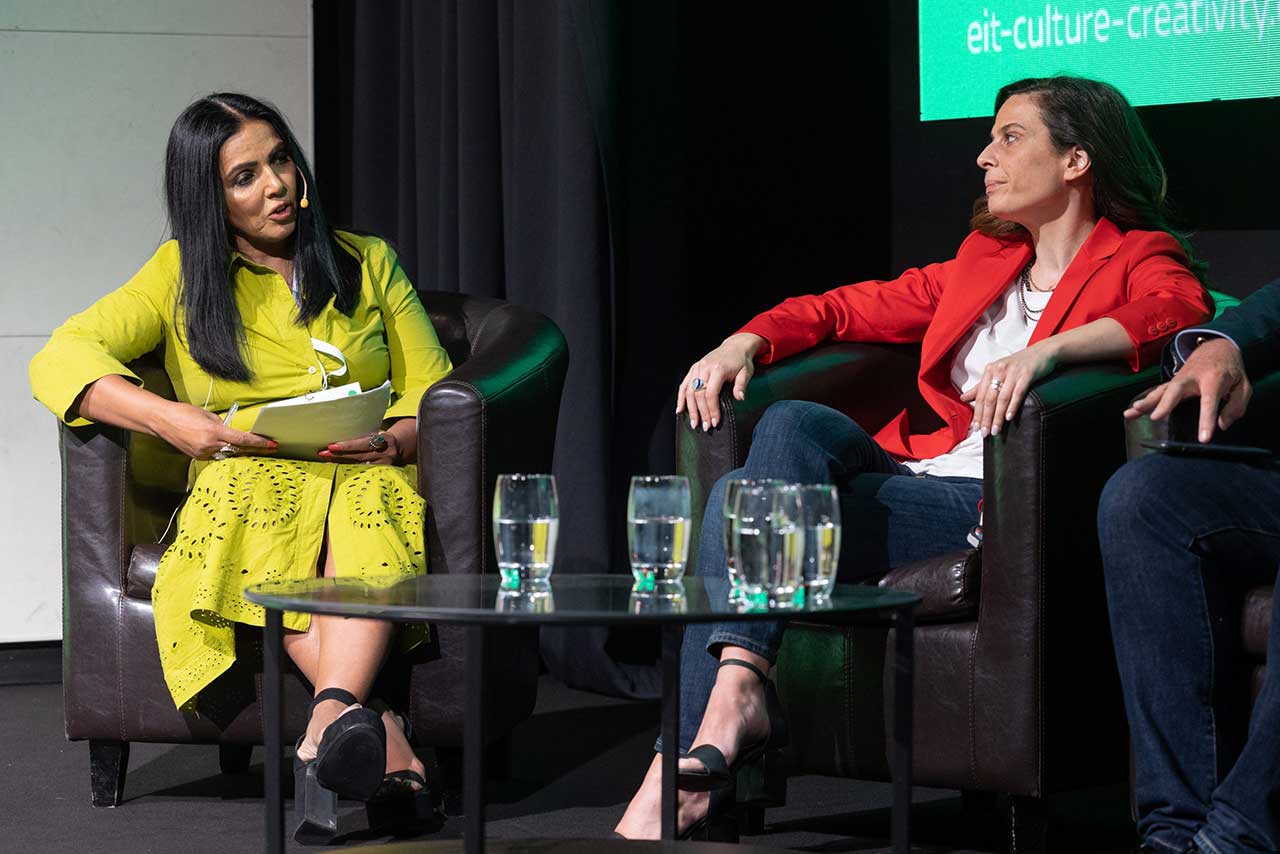
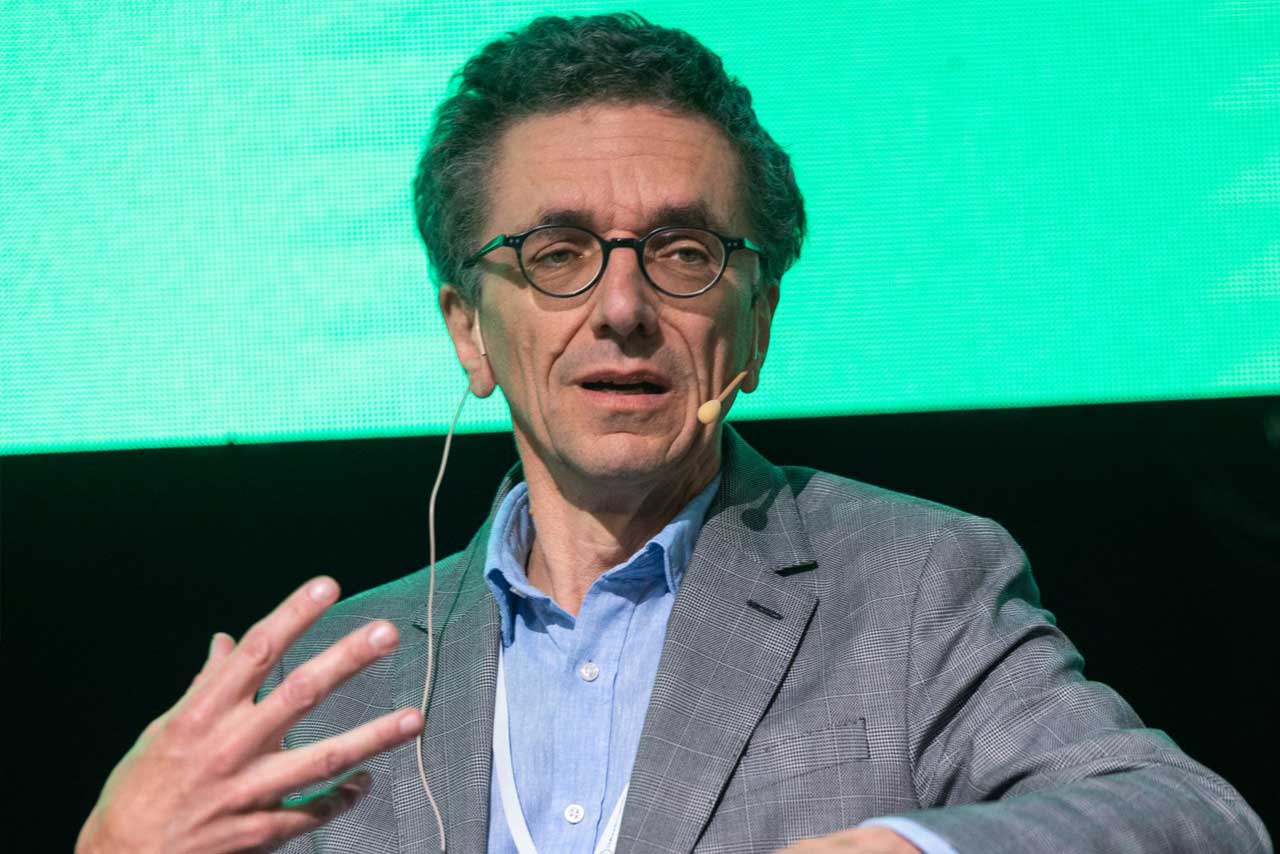
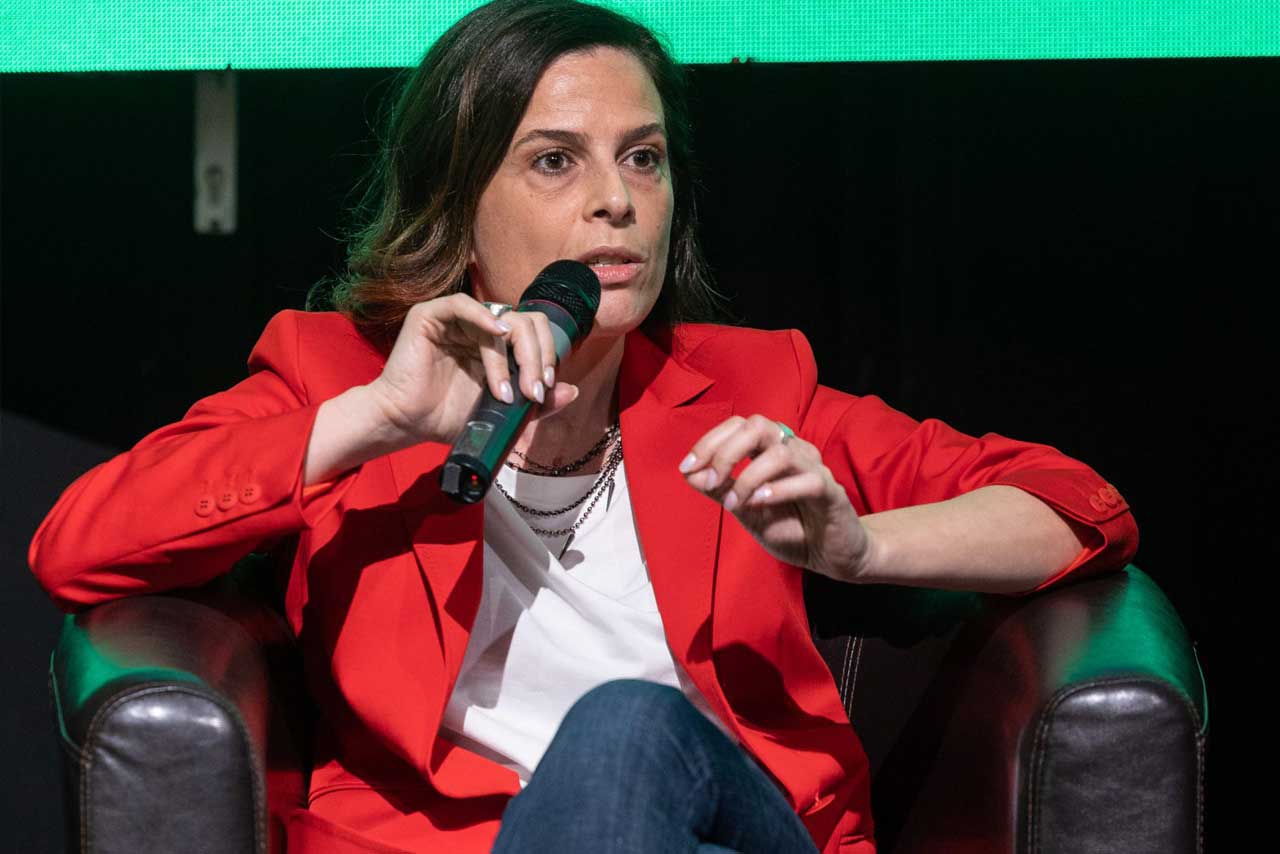
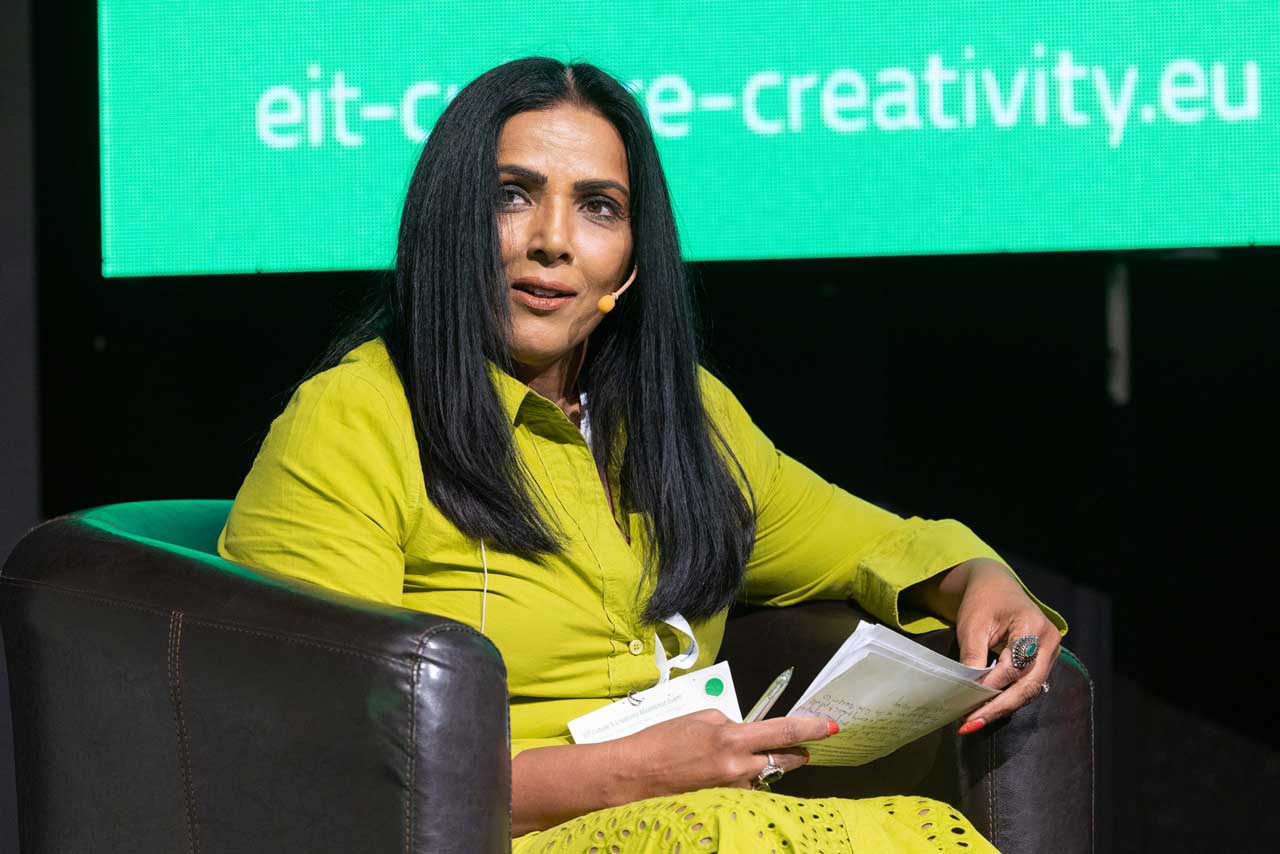
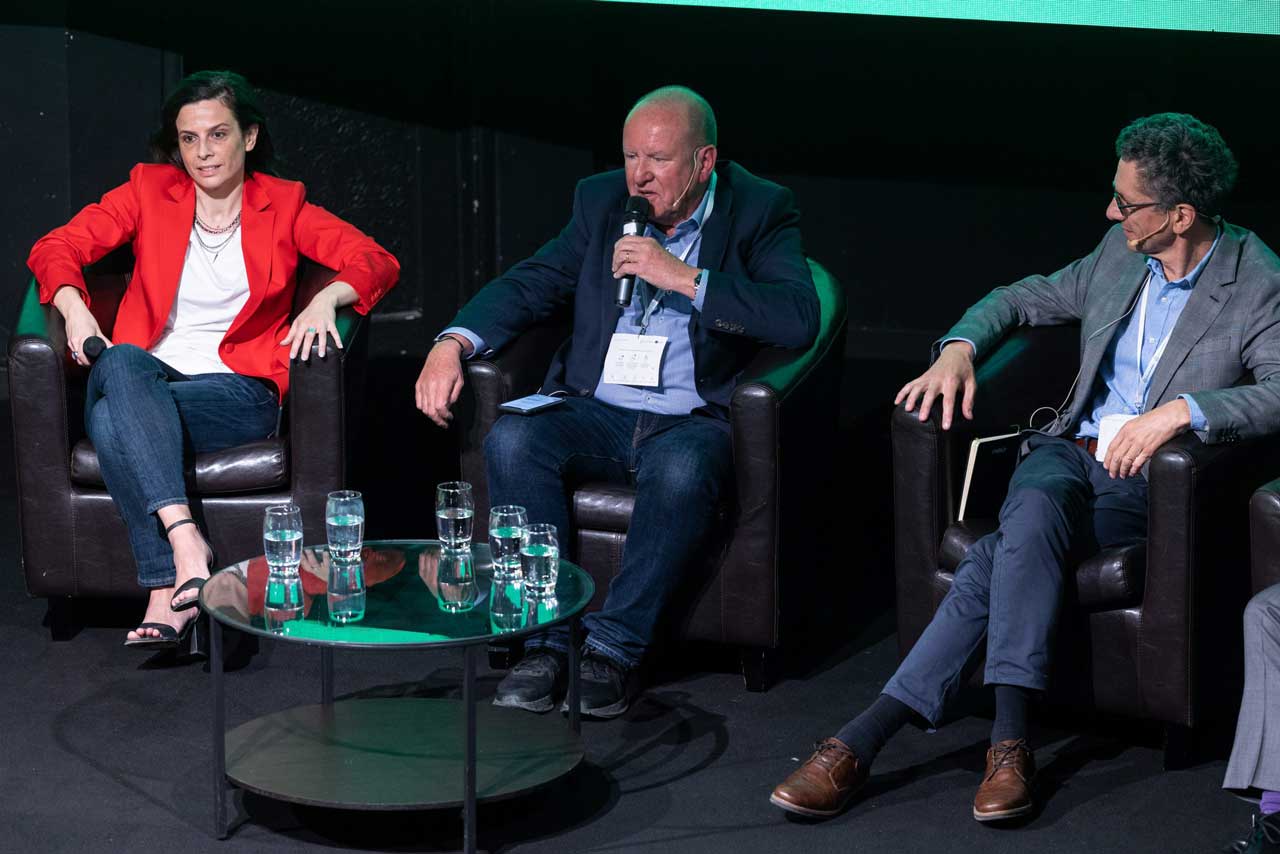
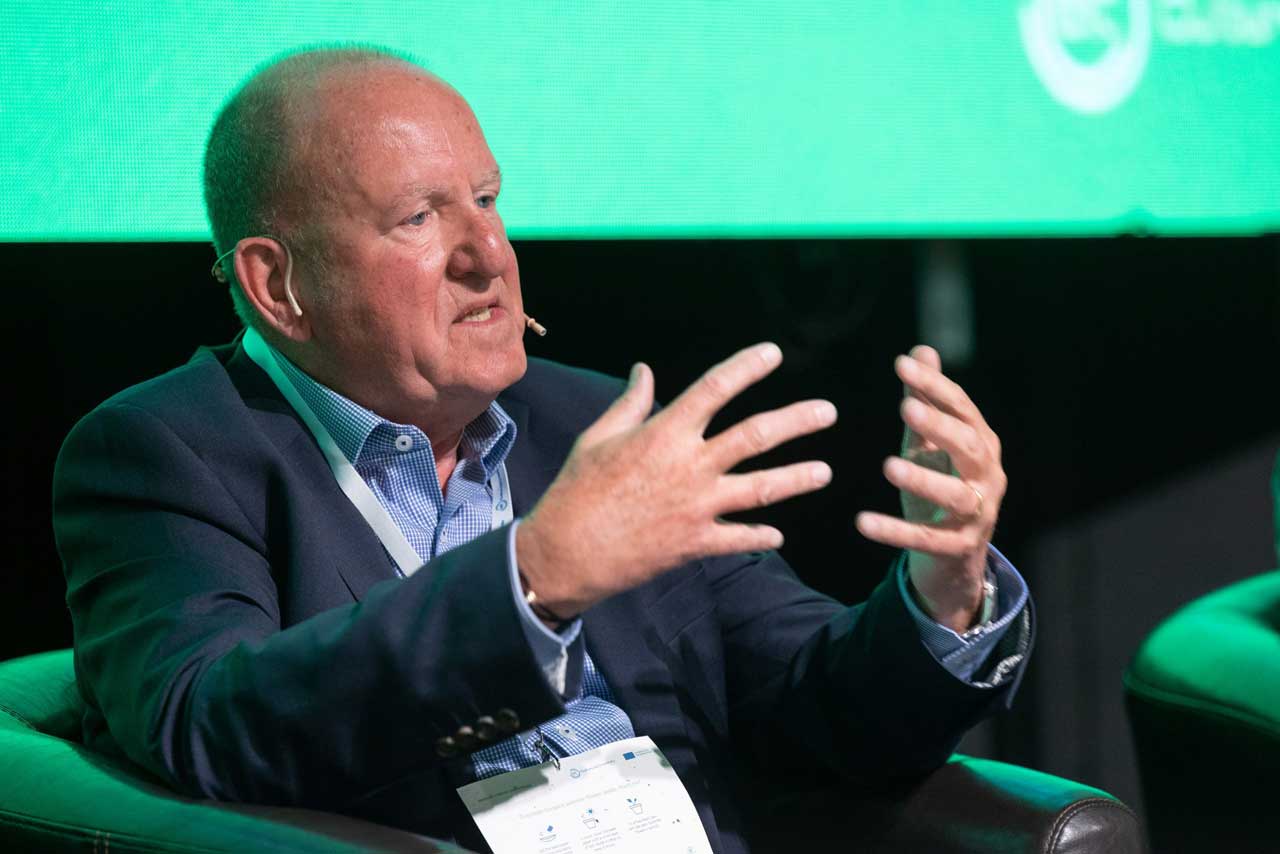
Piece written by Mehjabeen Patrick, interim Chief Financial Officer of EIT Culture & Creativity, 27 June 2023.




This is the third of a series of six posts reporting and reflecting on the EIT Culture & Creativity Moonshot Event held in Brussels on 30 May 2023.
Other posts:
You may see the full recordings of the event and gallery of pictures here: https://eit-culture-creativity.eu/eit-culture-creativity-moonshot-event/
Watch the session on youtube: 2:02:35 – 3:03:33
Factsheets with detailed information about EIT Culture & Creativity, Membership schemes, Governance structure, Investment Club and Policy Club are available for downloading:
https://eit-culture-creativity.eu/factsheets/
We wholeheartedly thank our collaborators:
Blanche Ellis (Blancheillustrates.com) for the graphic recording. Alexis Haulot for the pictures. QED team for the audiovisual support. Lukas Belting for the animations. AC Coppens for the hosting and moderation.